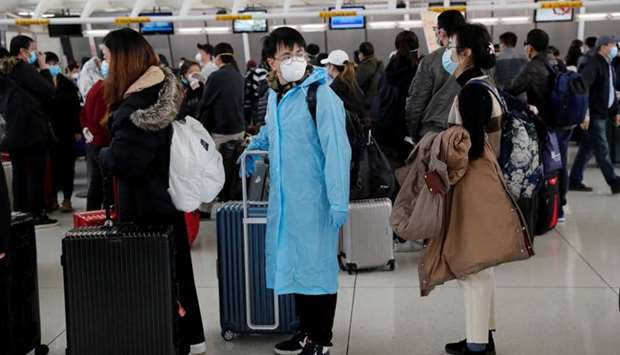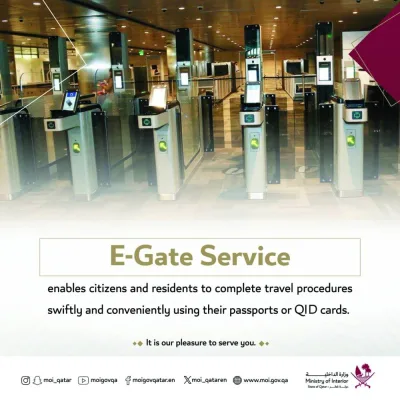* Mainland China reports 20 new confirmed cases on March 14
* Imported new virus infections exceed locally transmitted cases
* China makes efforts to restart economy, cities reopen shops
* Influential Chinese critic of President Xi goes missing
China tightened checks on international travellers arriving at Beijing airport on Sunday, after the number of imported new coronavirus infections surpassed locally transmitted cases for a second day in a row.
China, where the epidemic began in December, appears to now face a greater threat of new infections from outside its borders as it continues to slow the spread of the virus domestically. Over a hundred countries have reported infections.
Mainland China reported 20 new cases of infections on March 14, up from 11 cases a day earlier, data from by the National Health Commission (NHC) showed on Sunday.
Of those, 16 were imported, it said.
Beijing has redirected all international flights that were scheduled to land at its new Daxing International Airport to Beijing Capital International Airport, and as of Sunday has cordoned off a special area to process these passengers, the state-backed Beijing News reported.
Travellers who are transiting through Beijing to other destinations will be given special assistance, it said.
Beijing's moves follow that of Shanghai, also a key hub for international flights to China, which stepped up airport screening last week, resulting in some passengers saying they had to wait as long as seven hours.
Of the 16 latest imported cases, 5 were found in the capital Beijing and three in Shanghai. The provinces of Zhejiang, Gansu and Guangdong respectively reported four, three and one cases.
Three of the cases in Beijing involved travellers from Spain while one came from Italy and the other from Thailand.
The Shanghai case involved a Chinese native who lived in the Italian city of Milan.
The Gansu government said one of its cases was linked to a charter flight from Iran while the others were travellers from Saudi Arabia. Zhejiang province did not say where its four imported cases were from.
Underlying growing concerns over these imported cases, the southern province of Guangxi has said it will provide a cash incentive of 3,000-10,000 yuan ($428-$1,428) to people who provided clues on anyone who had travelled in from abroad but not abided by quarantine rules.
Mainland China's only locally transmitted new infections on Saturday were in Wuhan, the epicentre of the outbreak, which recorded four cases. It was the tenth consecutive day that the Hubei province recorded zero new infections outside Wuhan.
PUSH TO RESTART
China is making efforts to restart work cross its factories and businesses, which had been halted amid virus-related curbs, as the numbers of new infections fall further.
Some cities with no infections in recent days, such as Shanghai and Hangzhou, have started opening tourist attractions, restaurants and gyms.
The western region of Xinjiang also plans to reopen schools in batches starting from Monday, state media reported.
Limitations, however, remain in place.
Beijing, for instance, has allowed restaurants to start reopening but requires them to prevent diners from eating meals while directly facing each other and tables must be spaced a metre apart, the Xinhua news agency said.
Saturday's figures bring the total number of confirmed cases in mainland China so far to 80,844. The death toll had reached 3,199 as of the end of Saturday, up 10 from the previous day. All ten deaths occurred in Wuhan, the NHC said.
China came in for criticism at home and globally over its early response to the outbreak, but its draconian efforts at control, including the lock-down of Wuhan and Hubei province, have been effective at curbing the spread.
The government has in recent days been trying to burnish its credentials as a responsible power by sharing expertise and equipment with countries seeing a surge in cases, but still faces some calls for accountability at home.
An influential former Chinese property executive who called President Xi Jinping a "clown" over a speech he made last month about the government's efforts to battle the coronavirus has gone missing, three of his friends told Reuters.
His disappearance comes amid tighter censorship over how local media and online users discuss the epidemic.

Passengers waiting to check in for an Air China flight are seen with face masks on, after further cases of coronavirus were confirmed in New York, at JFK International Airport in New York


